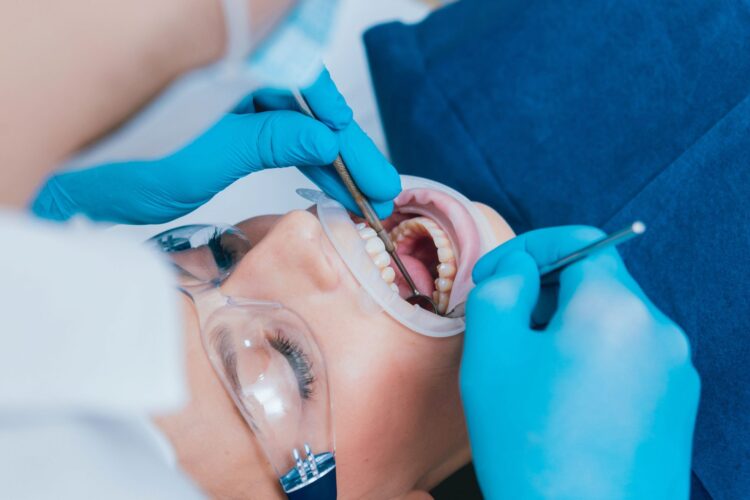If you’ve never had dental work done before, the prospect of oral surgery may strike fear into your heart. But most oral procedures may be finished in a day or two, and patients can go home afterward. As a result, patients can begin the healing process at home just a few hours following surgery.
Dental implant implantation, bone grafting, and the removal of impacted wisdom teeth are all surgical procedures that require some preliminary work. We have prepared a few helpful suggestions to get you ready for oral surgery, while it is always ideal to talk with your dental care for your family in Greenbelt or an oral surgeon about the best way to prepare for your appointment.
Amass the Required Data
You should be familiar with the procedure and the necessary pre-operative instructions. You can expect to learn everything you need to do before your oral surgery from your surgeon. It’s easier to feel confident and peaceful about your treatment if you know what to expect before, during, and after the surgery. Inquiring minds might want to consider:
- How long will the operation take?
- What kind of anesthesia do you need, local or general?
- After the operation, will you be taking a taxi home?
- Will you need to stop taking any medications or vitamins before the surgery?
- How long does it take to become better?
- Do you need to do anything specific before your scheduled appointment?
- Is there anything you should know about dangers or difficulties?
Prepare by Purchasing Plenty of Soft Foods
Before your oral surgery, you should stock up on soft meals like soups, oats, protein drinks, applesauce, and yogurt. You should stock up on nutritious but simple-to-prepare items. If your jaws and gums are sensitive, it’s best to avoid items that require a lot of chewing. The first week after surgery, you should avoid eating anything that can cause pain, such as meals that are particularly spicy, hard, acidic, or crunchy. Your oral surgeon will advise you when it is safe to eat normally again.
Recuperation Strategy
Afterward, your oral surgeon will give you care instructions and possibly painkillers. Getting yourself back and forth from the dentist after a procedure under general anesthetic is not something most people want to do alone. Before surgery, make sure your home is a relaxing place to recover comfortably. Keep your dentist’s and oral surgeon’s contact details on hand in case you have any questions or concerns after your procedures.

